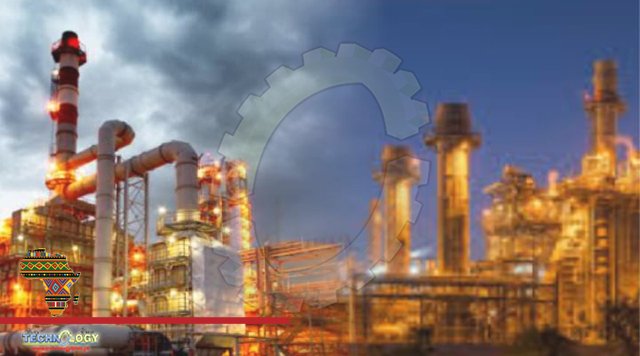South Africa’s Liquified Natural Gas Pipeline, Liquified Natural Gas (LNG) offers a unique energy opportunity for Africa, writes Niall Kramer, former Shell and Chevron executive and ex-CEO of the SA Oil & Gas Alliance.

It comes at a lower environmental cost than oil or coal – and it could drive an enormous resource boom. Promising recent resource finds in Mozambique and Namibia – as well as Cote d’Ivoire, Uganda and Tanzania bode well for Africa’s future. Exploration is being pursued with renewed vigour, and the world’s energy companies are eyeing the continent with keen interest. Liquified Natural Gas Pipeline, The potential for liquefied natural gas is especially attractive – as new liquefaction and regasification technologies have made LNG a competitive means of energy distribution. The recent finds also offer the promise of an LNG boom that could change the fortunes of many African nations, while also meeting their people’s energy needs – at lower environmental cost than other hydrocarbons. The key is unlocking these opportunities and providing the policy framework to enable them. For South Africa, refining the Upstream Petroleum Resources Development Bill into a commercially competitive and certain Act would be a great step towards enabling these opportunities. After that, another clear solution would be partnering with A-list international investing explorers, who come with their own balance sheets, skills, experience, and repetitional exposure to do the job. Even while partnering with foreign organisations, SA can retain control of our resource wealth through the way we negotiate licence terms of (free) carry, tax rates, development commitments, tenure, skills readiness and harmonised regulations. Such partnerships would present an opportunity to grow South Africa’s skills base in the oil and gas sector. Public-private partnerships are good way for South Africans to gain international qualifications. Trainees could be reskilled miners, artisans, and technicians in a declining industry or a younger tranche.
If we manage to attract A-list explorers, we can get some holes in the ground, drill for data and then make empirical, evidence-based decisions on future production viability. Mozambique is an example of what can be achieved by partnering with international energy firms to unlock domestic resource potential. Our eastern neighbour is about to export Eni’s first offshore-platform cargoes, and the Cabo Delgado Total onshore plant operation in Afungi looks set to restart. Billions have been invested, and analysts are predicting that Namibia will become the next big oil and gas player on the global scene. Liquified Natural Gas Pipeline, A recent discovery in the offshore Orange Basin of Namibia’s west coast will likely also yield billions for Namibia. Both Shell and Total’s consortia have massive Namibia finds at Venus1 and Graff1. Industry insiders are gushing with superlatives at what a game changer this find will be for Namibia. The find has been called the biggest ever in Sub-Saharan Africa. The critical issue for South Africa is that this game-changing find is in the extreme south of Namibia’s territorial waters. Neighbouring offshore blocks in South African waters likely hold very similar potential. Recent finds in the 11B/12B exploration block 175km off South Africa’s south coast already promise to be catalytic for South Africa. Properly developed, they could easily save PetroSA and give a massive boost to our economy, save forex, grow local business, and develop skills without depleting the fiscus. But investors have other attractive global options. We need to ensure that South Africa becomes a practical investment destination compared to these rival opportunities.
Source: This news is originally published by itnewsafrica